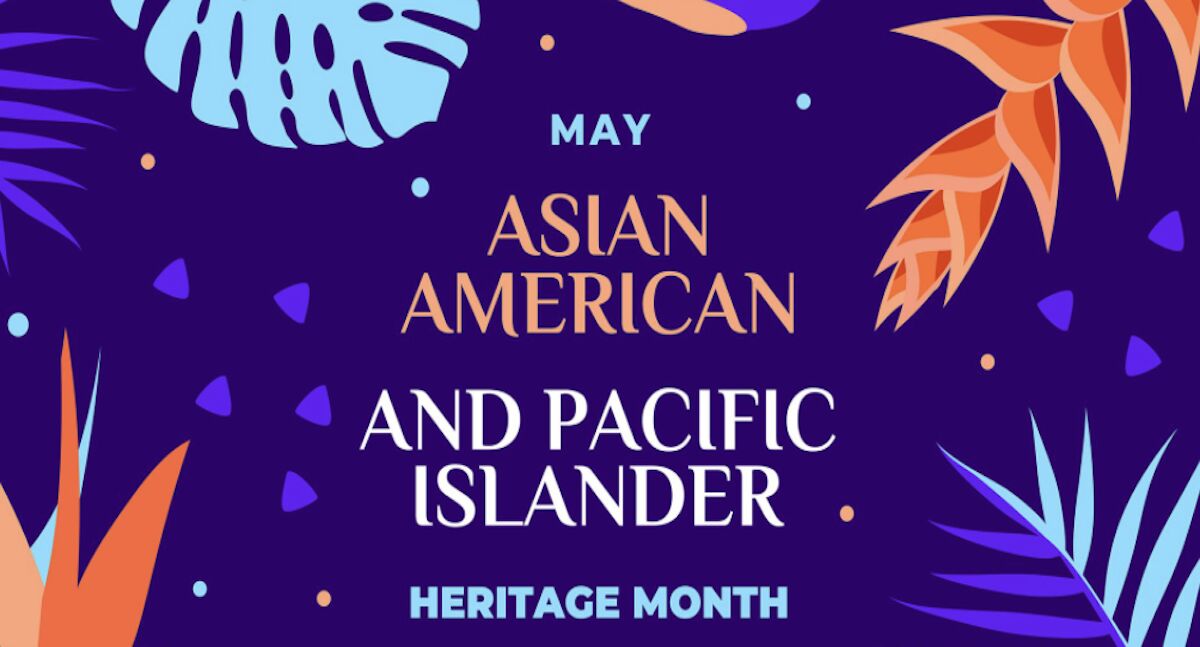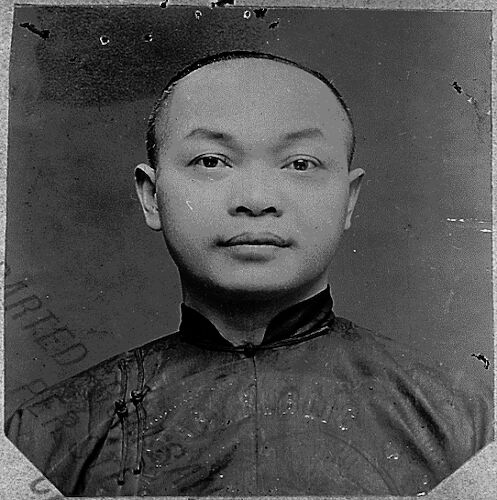Wong Kim Ark and Birthright Citizenship: A Reflection for Asian American and Pacific Islander Heritage Month
With the current administration's executive order to challenge the 14th Amendment birthright citizenship in the U.S., we honor the legacy of Wong Kim Ark and his landmark 1898 U.S. Supreme Court case that affirmed birthright citizenship rights cannot be denied based on race or ancestry.

On January 20, 2025, President Trump issued the Executive Order titled “Protecting the Meaning and Value of American Citizenship.” This order declared that children born in the United States to parents who entered the country without documentation or on temporary visas (such as student, work, or tourist visas) are not entitled to U.S. citizenship. This Executive Order directly challenges the 14th Amendment, enacted after the Civil War to ensure that all individuals born on U.S. soil are automatically granted citizenship.
In response, federal district court judges in Massachusetts, Maryland, and Washington issued nationwide injunctions blocking enforcement of the Executive Order. The Trump administration appealed these rulings to three circuit courts, each of which upheld the respective injunctions. The administration then appealed to the Supreme Court, requesting that the injunctions be lifted and the Executive Order paused for the plaintiffs involved. On May 15, the Supreme Court heard oral arguments on the matter.
This debate over birthright citizenship is not new.
As we observe Asian American and Pacific Islander (AAPI) Heritage Month this May, we are reminded of Wong Kim Ark and his enduring legacy.

Wong Kim Ark was born in San Francisco, California in 1873 to Chinese immigrant parents. In 1895, after a visit to China, he was denied re-entry into the United States. Immigration officials argued that his citizenship was invalid because his parents were Chinese nationals and therefore ineligible for naturalization. With support from the Chinese Consolidated Benevolent Association, he filed a writ of habeas corpus in federal court, challenging the U.S. government’s refusal to recognize his citizenship.
On March 28, 1898, the U.S. Supreme Court issued a 6-2 decision in United States v. Wong Kim Ark, ruling in his favor. The Court affirmed that the 14th Amendment guarantees citizenship to “all persons born or naturalized in the United States,” regardless of their parent’s nationality.
This landmark case established the principle of jus soli—citizenship by birth on U.S. soil—affirming that citizenship rights cannot be denied based on race or ancestry.
The legacy of Wong Kim Ark serves as a powerful reminder of the ongoing struggle of the AAPI community in the United States. Asian Americans and Pacific Islanders have contributed to the story and development of the United States. Yet, the inclusion of Asian Americans has often been challenged through exclusionary laws, internment camps, and the persistent reality of anti-Asian hate all aimed at casting them as perpetual foreigners in their own country.
This fight is far from over. It continues not only for those in the AAPI community but for all who are seen as outsiders in the place they call home.
As the nation awaits the Supreme Court’s ruling on the Executive Order, and as debates over citizenship persist, United Methodists are reminded of the Church’s call to welcome the stranger:
“We call upon all United Methodist churches to welcome newly arriving migrants in their communities, to love them as we do ourselves, to treat them as one of our native-born, to see in them the presence of the incarnated Jesus, and to show hospitality to the migrants in our midst, believing that through their presence we are receiving the good news of the gospel of Jesus Christ.” (Book of Resolutions, 4271 “Welcoming the Migrant to the U.S.”)
The Resolution echoes the words of Leviticus 19:33-34:
“When a foreigner resides among you in your land, do not mistreat them. The foreigner residing among you must be treated as your native-born. Love them as yourself, for you were foreigners in Egypt.”
As United Methodists, we affirm the inherent dignity of every person (The Social Principles: The Political Community – Basic Rights and Freedoms, Section G). Inclusion and compassion are not just policy positions; they are moral imperatives rooted in our faith. We are called to be a faithful voice, steadfast in advocating for just immigration policies and upholding the God-given dignity of all people.
Here are resources and ways to stay engaged:
- 2025 Take Action https://www.umcjustice.org/what-you-can-do/take-action-2025
- 2020/2024 Social Principles ¶163, Basic Rights and Freedoms, G
- Book of Resolutions
4275 “Concerning Immigration”
4276 “The United Methodist Church Is a Sanctuary Church”
4271 “Welcoming the Migrant to the US”
4270 “DREAM Act”